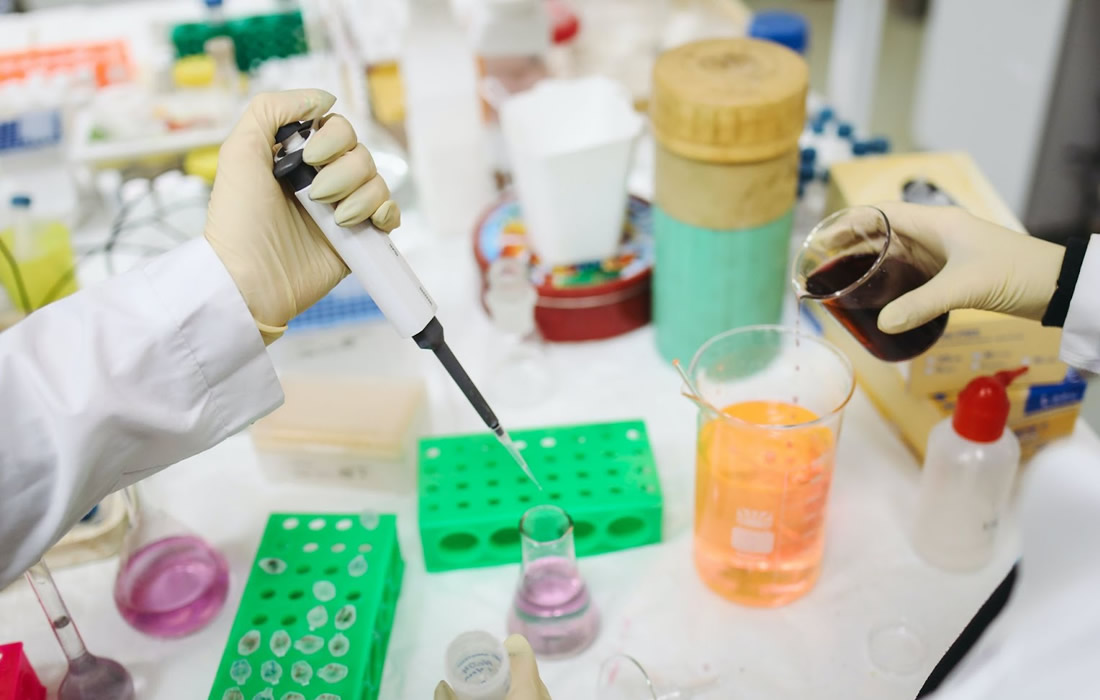Regenerative Medicine News and General Information
Gene Expression Could Predict If a Brain Tumor Is Likely to Grow Back
Doctors often prescribe radiation along with surgery to treat a brain tumor called meningioma that originates in the protective membranes surrounding the brain. But side effects from radiation can be serious, including memory loss and cognitive decline, so it’s important to know which patients really need it.
Now, researchers have found a highly accurate way to predict the best treatment for patients based on patterns of gene expression — which genes are turned on and off — in their tumors.
Unlike other brain tumors, meningiomas occur most often in female, Black and elderly patients.
In a new paper the team concluded that just 1 in 5 patients with low-grade tumors (those less likely to regrow) may need radiation, while around 2 in 5 with higher-grade tumors may be better off without radiation, based on the results of the new gene-expression test.
“There’s been a lot of controversy in the field in terms of who should receive radiotherapy and who shouldn’t,” said David Raleigh, MD, PhD.
“Our biomarker takes the guessing game out of this and shows us which patients are likely to benefit from radiotherapy and which may get toxicity and possibly no benefit from radiation.”
Pathologists currently classify meningiomas by looking at them under a microscope for features that indicate whether they may grow back, a system that is very good but not perfect.
Patients with Grade 1 tumors don’t usually receive radiation treatment if their tumors can be removed completely during surgery.
Yet approximately 20% of the time, the tumors recur. Those with Grade 2 and 3 tumors, which are much more aggressive and more likely to grow back after surgery, are often treated with radiation after surgery.
It has been unclear how many of these patients, particularly those with Grade 2 tumors, actually need radiation treatment.
Raleigh and Chen and their multidisciplinary team suspected that gene expression could more accurately point out the patients who would be helped by radiotherapy.
Using samples from 1,856 meningioma patients at 12 medical centers in the U.S., Europe and Hong Kong, Raleigh’s team came up with a set of 34 genes whose gene expression patterns had the potential to predict whether a tumor would return.
One-fifth of the Grade 1 tumors — the same number that grow back after surgery — expressed the patterns that Raleigh’s team found could predict a tumor’s regrowth.
This fraction of patients may benefit from radiation. The researchers also found that two-fifths of patients with Grade 2 and 3 tumors did not have a recurrence, and this, too, could be predicted by the tumor’s gene expression.
“When to proceed with additional surgery, radiotherapy or simply to observe a small residual meningioma is not always clear,” said Magill.
“This test adds information that can let us tailor our surgical and radiation approach to provide the best outcome for each patient and maximize both quality and quantity of life.”
The team’s next step is to test the approach in two clinical trials currently being developed.
Sources:
William C. Chen, Abrar Choudhury, Mark W. Youngblood, Mei-Yin C. Polley, Calixto-Hope G. Lucas, Kanish Mirchia, Sybren L. N. Maas, Abigail K. Suwala, Minhee Won, James C. Bayley, Akdes S. Harmanci, Arif Harmanci, Tiemo J. Klisch, Minh P. Nguyen, Harish N. Vasudevan, Kathleen McCortney, Theresa J. Yu, Varun Bhave, Tai-Chung Lam, Jenny Kan-Suen Pu, Lai-Fung Li, Gilberto Ka-Kit Leung, Jason W. Chan, Haley K. Perlow, Joshua D. Palmer, Christine Haberler, Anna S. Berghoff, Matthias Preusser, Theodore P. Nicolaides, Christian Mawrin, Sameer Agnihotri, Adam Resnick, Brian R. Rood, Jessica Chew, Jacob S. Young, Lauren Boreta, Steve E. Braunstein, Jessica Schulte, Nicholas Butowski, Sandro Santagata, David Spetzler, Nancy Ann Oberheim Bush, Javier E. Villanueva-Meyer, James P. Chandler, David A. Solomon, C. Leland Rogers, Stephanie L. Pugh, Minesh P. Mehta, Penny K. Sneed, Mitchel S. Berger, Craig M. Horbinski, Michael W. McDermott, Arie Perry, Wenya Linda Bi, Akash J. Patel, Felix Sahm, Stephen T. Magill, David R. Raleigh. Targeted gene expression profiling predicts meningioma outcomes and radiotherapy responses. Nature Medicine, 2023; DOI: 10.1038/s41591-023-02586-z
Materials provided by University of California – San Francisco. Original written by Robin Marks. Note: Content may be edited for style and length.
University of California – San Francisco. “Can gene expression predict if a brain tumor is likely to grow back?.” ScienceDaily. ScienceDaily, 15 November 2023. <www.sciencedaily.com/releases/2023/11/231115133206.htm>.
Images from: Photo by: Polina Tankilevich
https://www.pexels.com/photo/scientists-in-laboratory-3735780/

